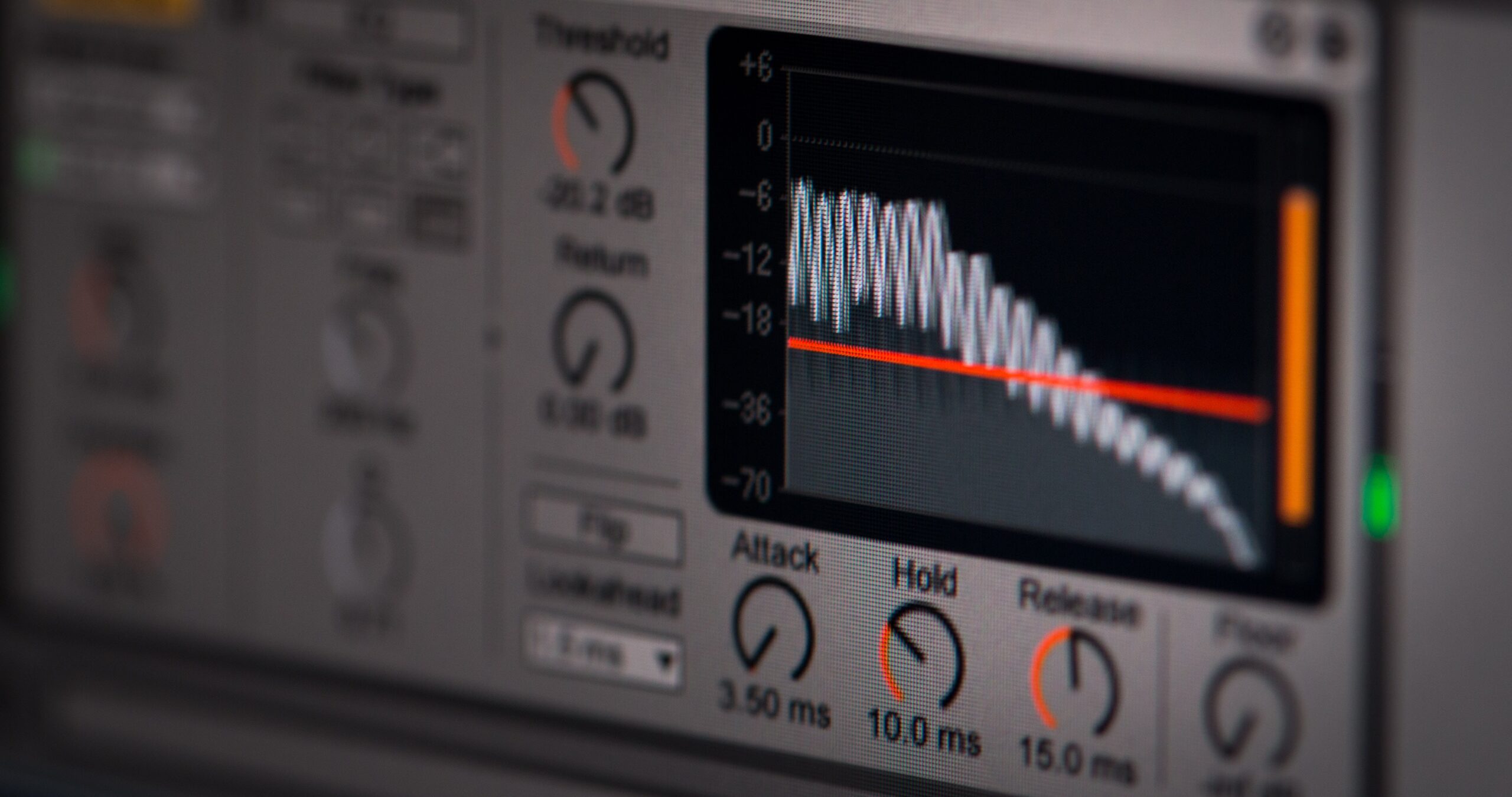
What to Record Audio for Casting?
Aspiring actors know that casting tapes can make or break their chances of landing a role. It’s not just about memorizing lines and looking the part, but also delivering a convincing and compelling performance that captures the attention of casting directors. One crucial aspect of casting tapes is the audio quality, which can affect how well the actor’s voice is heard and understood. So, what should you record for your next casting? Read on for the ultimate audio guide!
Listen up! What to record for your next casting?
First and foremost, you need to record your lines clearly and with proper enunciation. Make sure to speak loud enough to be heard but not too loudly that it becomes distorted or overwhelming. Take your time to deliver your lines and pause at appropriate moments to convey emotions and nuances. It’s also a good idea to practice your lines beforehand and get feedback from others on how you sound.
Aside from your lines, you should also record any sound effects or music that accompany your performance. This can help set the mood and tone of the scene and make it more engaging for the casting directors. However, be mindful of copyright laws and only use music or sound effects that are royalty-free or have been licensed for your use.
Lastly, consider recording ambient sound to add depth and realism to your performance. For example, if you’re filming a scene in a coffee shop, record the sounds of people chattering, coffee machines whirring, and cups clinking to create a more immersive environment. Just be sure to balance the ambient sound with your dialogue and not let it overpower your voice.
The ultimate audio guide!
To recap, when recording audio for casting tapes, you should focus on clear and articulate dialogue, appropriate sound effects and music, and ambient sound to enhance the scene. Always listen back to your recordings and make adjustments as needed, either by re-recording or editing. Invest in a decent microphone and recording software to ensure high-quality audio that will impress casting directors. With these tips, you’ll be well on your way to acing your next casting tape and landing that dream role!
Now you know what to record for your next casting, it’s time to put it into practice and make that tape shine. Remember, audio quality is just as important as your acting skills, so don’t neglect it! With a little effort and attention to detail, you can create a casting tape that showcases your talent and captures the attention of the right people. Good luck, and break a leg!




